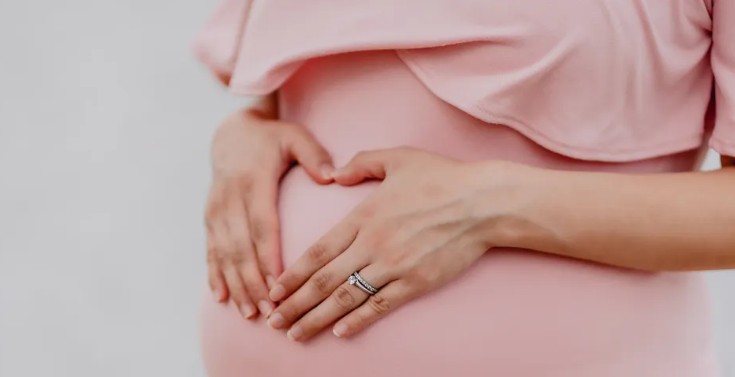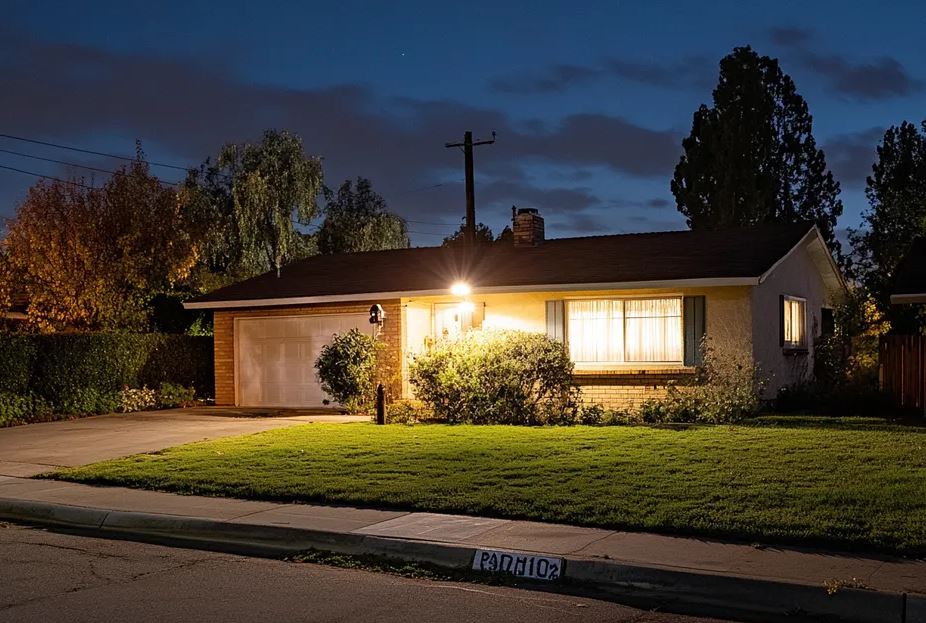Grief doesn’t hit all at once. It trickles in like a slow leak at first, and then suddenly, it floods every corner of your chest until you can’t breathe. That’s how I felt standing at the edge of my father’s grave, the wet earth freshly piled, the scent of lilies and damp soil mixing in the September air. He had been my anchor for as long as I could remember, the one steady hand in a life that sometimes felt full of storms. And now he was gone.
But I wasn’t just grieving my father that day. I was bracing for a battle I hadn’t chosen, one that my stepmother seemed eager to begin.
Her name was Marjorie, and she had come into my father’s life when I was fifteen. I tried, in the beginning, to like her. I really did. My dad seemed happy around her, and after the years he had spent alone following my mom’s passing, I wanted him to find joy again. But the warmth she showed him never extended to me. At best, she tolerated me. At worst, she made it clear that she saw me as an inconvenience.
Still, I kept my distance, focusing on school, friends, and later, building a life of my own. I moved out at twenty and visited my dad often, usually meeting him at our favorite diner rather than at the house he now shared with her. He never said much, but I think he knew how tense things were between us.
When he was diagnosed with c.a.n.c3r two years ago, everything changed. Marjorie took control of his household like a general commanding a battlefield. She decided who could visit and when, monitored every conversation, and insisted on being the sole gatekeeper to his care.
I wanted to be there more, to sit by his side and talk to him like we always had, but she made it nearly impossible. If I wasn’t there on her schedule, I wasn’t welcome. My father would sneak phone calls when he had the strength, whispering updates and telling me not to worry, but I could hear the exhaustion in his voice.
When he passed, I thought at least the hostility might ease. We had both lost him; surely grief would level the ground between us. I was wrong.
The funeral had barely ended when she cornered me near the church doors. She wore black from head to toe, her lips painted crimson like some defiant statement against mourning.
“You need to collect your things from the house,” she said coldly. “You’ve got 36 hours.”
I blinked at her, stunned. “What are you talking about?”
She folded her arms, eyes narrowing. “Your father’s gone. This is my house now. You’re not entitled to stay here.”
I let out a bitter laugh, though there was no humor in it. “Stay there? Marjorie, I don’t live with you. I have my own apartment.”
She sneered. “Don’t play games. I know you’ve been keeping baby clothes, boxes, and other junk in the spare room upstairs. It’s cluttering my space, and I want it gone. Thirty-six hours, or I’ll have it tossed on the curb.”
Her words hit me like a punch. I hadn’t announced my pregnancy widely yet, only telling a few close friends. My father had known, of course. When I shared the news, he cried tears of joy. Twins, the doctor had told me. He was so excited, talking about building cribs and knitting blankets, even though chemo had left his hands trembling.

But now, with him gone, Marjorie was spitting it out like a weapon.
“You’d throw out baby things?” I asked, my voice trembling.
Her expression didn’t soften. “They’re not my grandchildren. I don’t see why I should care.”
I left before I said something unforgivable. The drive home blurred through tears, my hands gripping the steering wheel so tightly my knuckles turned white. I didn’t know what to do. I was six months pregnant, exhausted, and grieving. The last thing I needed was a battle over boxes of baby clothes.
Still, I drove back the next morning to pack. The house felt foreign without my dad’s presence. His chair by the window sat empty, the faint smell of his aftershave lingering like a ghost. I went upstairs to the spare room and began folding tiny onesies into bags, tears dripping onto the soft fabric.
Marjorie hovered in the doorway like a warden. “Make sure you don’t touch anything else. None of this belongs to you.”
I wanted to scream, but I bit my tongue. The sooner I got out, the better.
It took hours, but I loaded everything into my car. When I came back inside for one last check, I paused in my dad’s study. The door creaked open, and I stepped inside, drawn by the smell of his old leather books. The desk was neat, as though he had tidied it one final time. And then I noticed an envelope with my name on it, tucked under a paperweight.
Hands shaking, I opened it. Inside was a letter, written in my father’s careful handwriting.
My darling girl, it began. If you are reading this, then I am gone. I need you to know how proud I am of you—of the woman you’ve become, of the mother you are about to be. I know things with Marjorie have been difficult, and I am sorry for the strain it has caused. But please don’t let her bitterness steal your peace. You and the twins are my legacy, and I have made sure you will be taken care of. Trust in that, and don’t be afraid.
At the bottom, there was a note: Contact Mr. Holbrook when you are ready. He has the details.
Mr. Holbrook was my father’s lawyer.
I clutched the letter to my chest, my heart pounding with something I hadn’t felt in days—hope.
The next morning, I made an appointment at his office. Marjorie had no idea. She probably thought she had won, scaring me off with her threats. But when Mr. Holbrook opened a thick file and slid it across the desk, I realized my father had been quietly working on something far more powerful than her cruelty.
His will was clear. The house, the very one Marjorie had claimed as her own, was not hers. My father had purchased it years before marrying her, and though she was entitled to certain allowances, the property itself had been left entirely to me. Furthermore, a trust had been established for the twins, ensuring their education and well-being long after I was gone.

I stared at the papers in shock, tears welling in my eyes. My father had known. He had anticipated the battle and armed me with the means to win it without lifting a finger.
When I returned to the house that evening, Marjorie was waiting with a triumphant smirk, no doubt expecting me to beg for more time.
Instead, I handed her a copy of the will.
Her face drained of color as she read the words. “This… this can’t be right,” she stammered. “He told me—he said—”
“I think my father knew better than to leave his home to someone who would throw out baby clothes days after his funeral,” I said quietly.
She sputtered, searching for words, but there was no arguing with legal documents. Within a month, she had packed her things and left, the bitterness in her eyes burning hotter than ever. Karma had delivered its gift, wrapped neatly in my father’s foresight.
I stayed. I raised my twins in that house, filling it with laughter and warmth instead of tension. My father’s chair remained by the window, a reminder of the man who had loved me enough to protect me even after he was gone.
Sometimes, when the babies were asleep, I would sit in his chair with his letter in my hands, whispering my gratitude into the quiet room.
Because in the end, Marjorie’s cruelty had only revealed the depth of my father’s love. She tried to cast me out, but he had already built me a home—not just in bricks and mortar, but in the certainty that I was never alone.